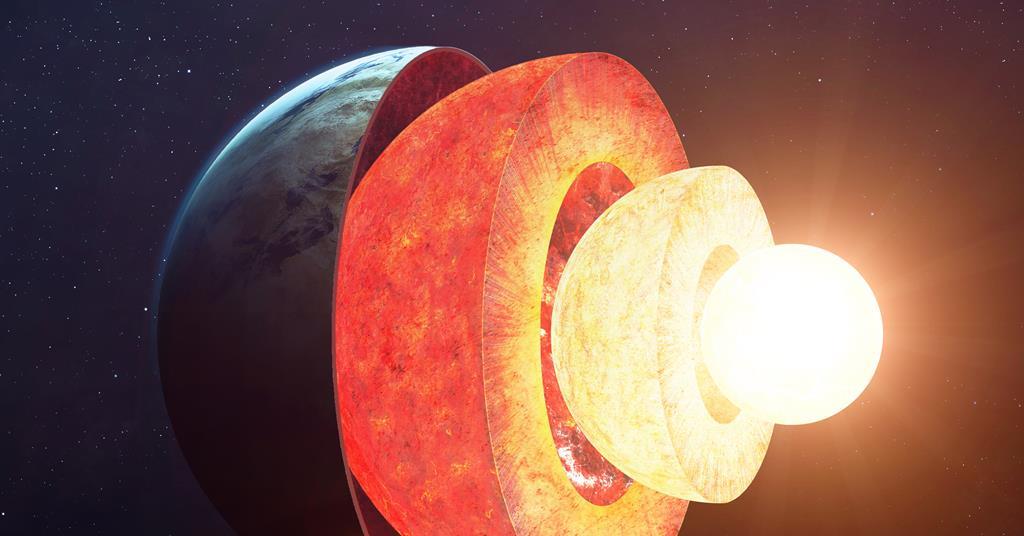
In the new work, Hirose and colleagues at other institutions in Japan and Taiwan propose that the iron core of the Earth formed bonds with helium, allowing the core to act as a reservoir.

These robots can flow around obstacles before hardening into weight-bearing tools that push, throw, twist objects like a wrench—and bear up to 150 pounds of weight.

Astronauts often experience immune dysfunction, skin rashes, and other inflammatory conditions while traveling in space. These issues could be due to the excessively sterile nature of spacecraft.
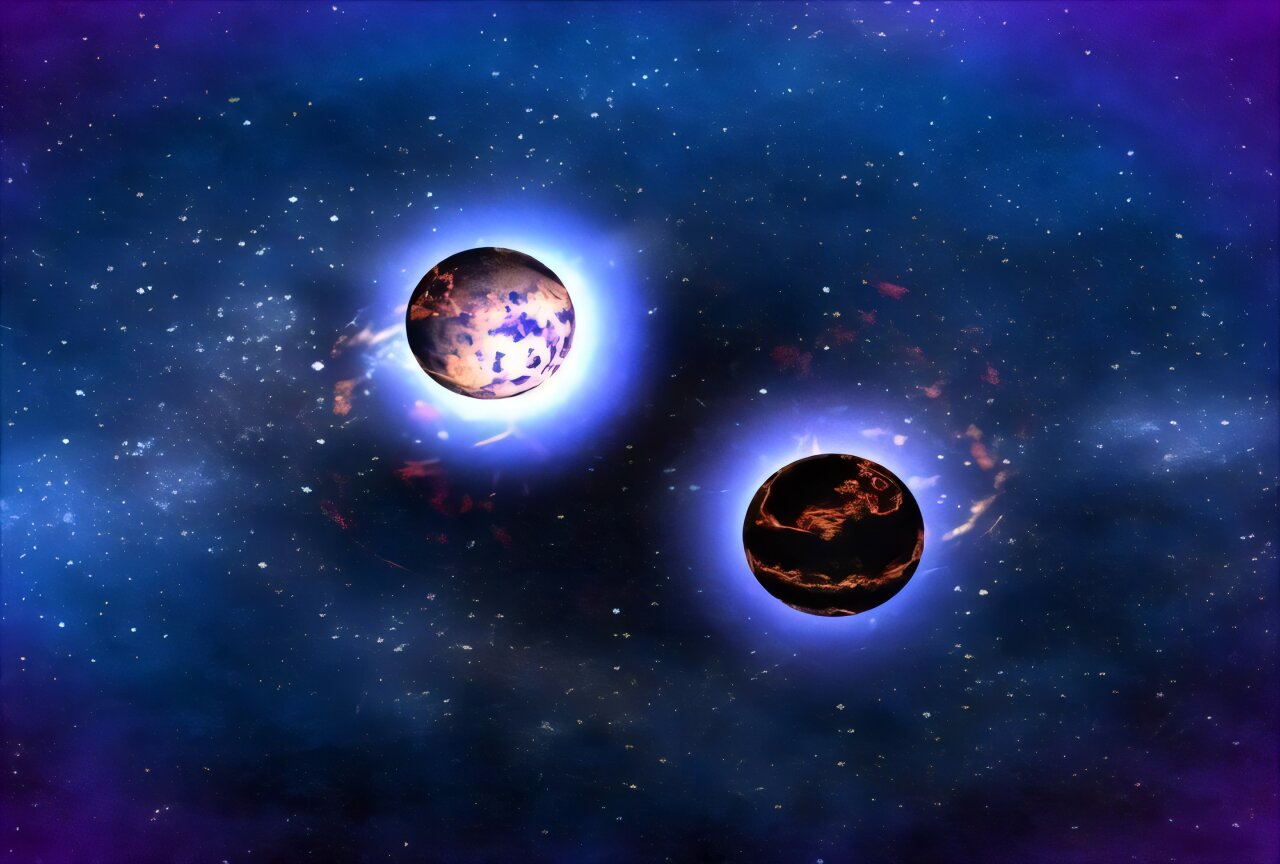
Ultrahigh Energy Cosmic Rays are the highest-energy particles in the universe, whose energies are more than a million times what can be achieved by humans.
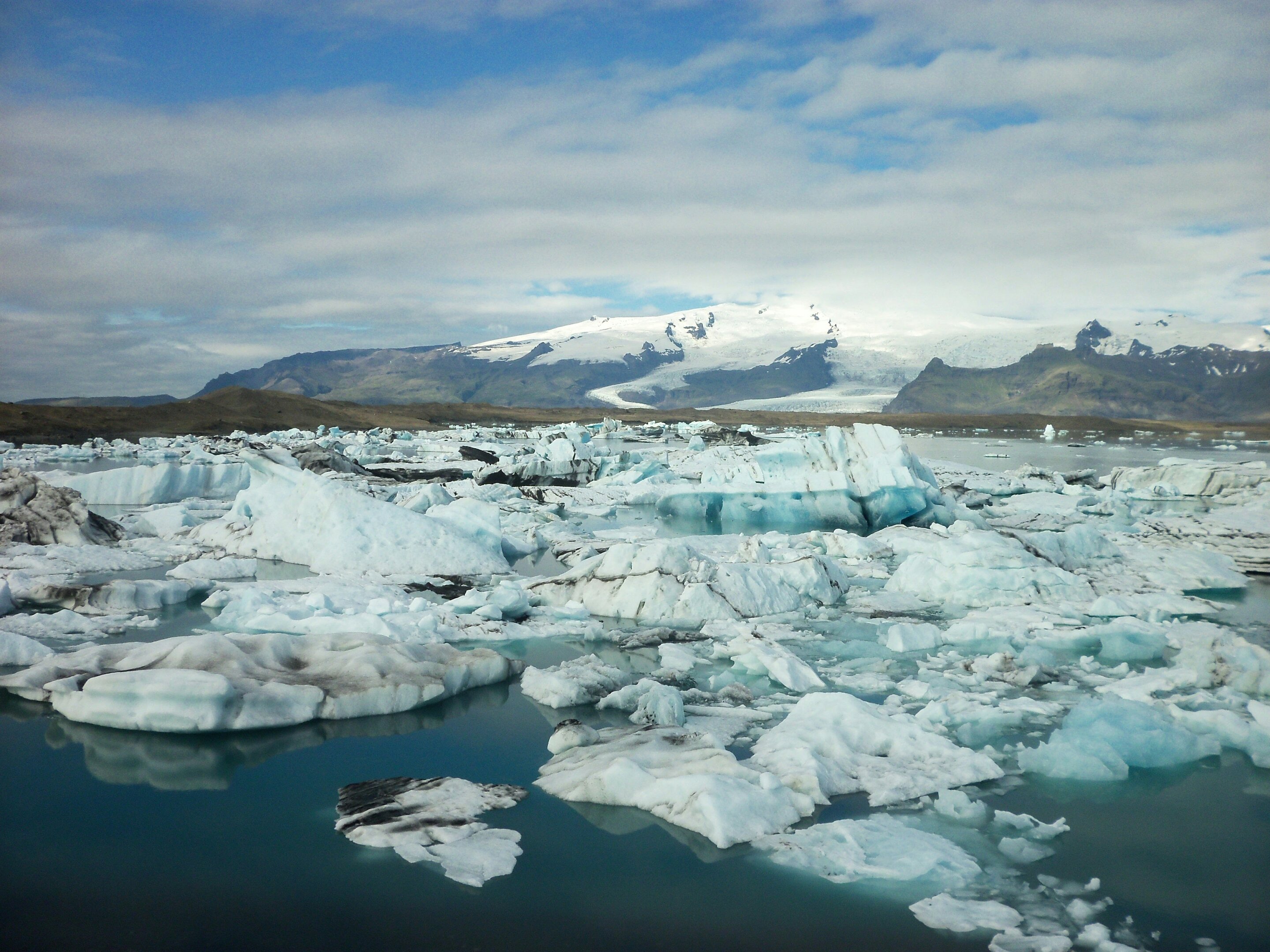
This melting has implications for global climate indicators, including sea level rise, ocean warming and viability of marine ecosystems.
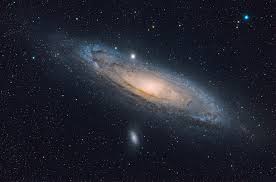
Located 2.5 million light-years away, the majestic Andromeda galaxy appears to the naked eye as a faint, spindle-shaped object roughly the angular size of the full Moon.

Speedy’ planets orbiting faster in smaller orbits around white dwarfs are warmer than expected and more likely to maintain habitable conditions than the planets around the sun-like stars.
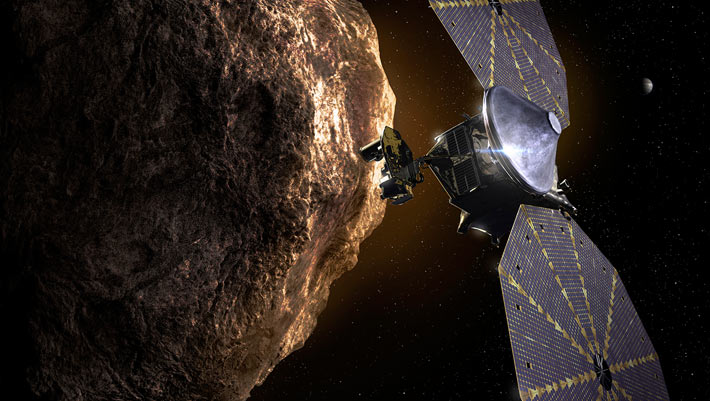
NASA's Lucy spacecraft will fly by the small asteroid Donaldjohanson on April 20, 2025.
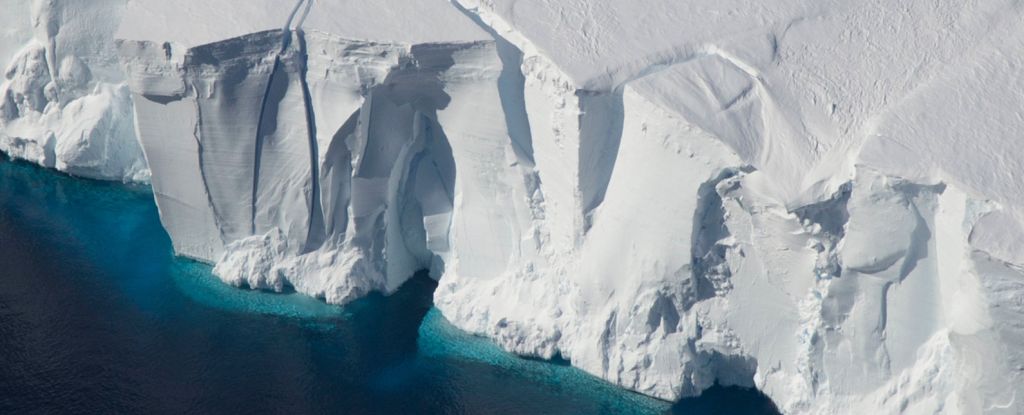
New research has demonstrated the precise relationship between past ice ages and each wobble, tilt, and angle of the planet's path, unlocking a new tool for predicting the future fluctuations of our global climate.

Cumulative heat stress changes our epigenetics – how our cells turn on or off gene switches in response to environmental pressure. Longer periods of extreme heat accelerated ageing in older people by more than two years.
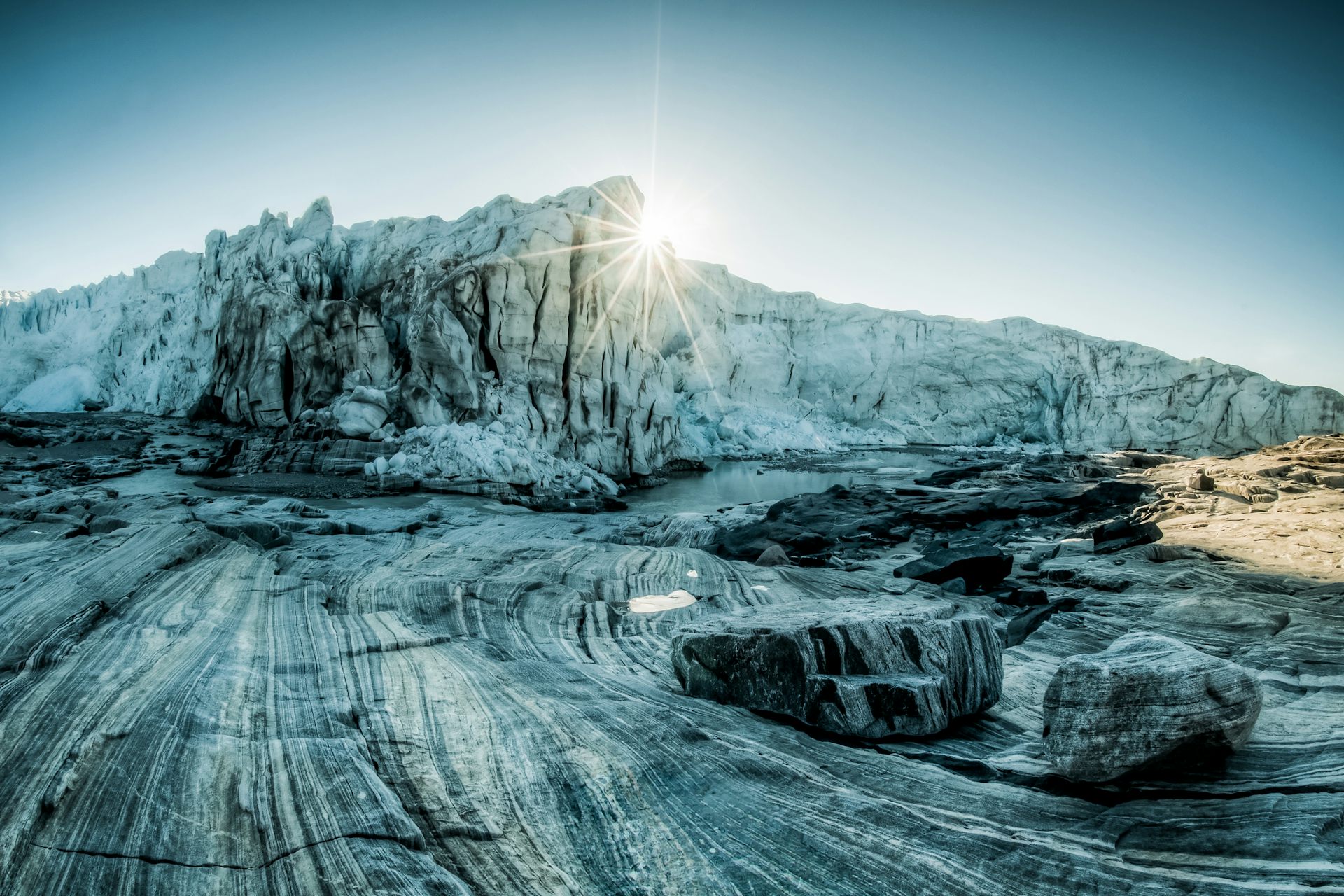
Hundreds of millions of years ago, rocks crushed under kilometres of ice injected vital nutrients into Earth's oceans.

When you look around the Universe you live in, it looks like a 3D space, just like the surface of the Earth looks like a 2D space. However, just like the Earth, if you were to look at the Universe as a whole, it could be a more complicated space.
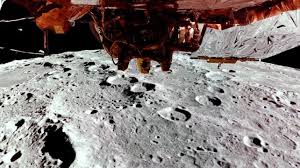
Firefly’s Blue Ghost lunar lander softly touched down in Mare Crisium carrying 10 NASA instruments.

The team put graphite under an intense amount of pressure, before heating it to 1,800 K. The newly produced diamond has a hardness of 155 gigapascals (GPa). Natural diamond, by comparison, tops out at around 110 GPa in hardness.

In 2007, astronomers discovered the Cosmic Horseshoe, a gravitationally lensed system of galaxies. New research reveals the presence of an Ultra-Massive Black Hole in the foreground galaxy with a staggering 36 billion solar masses.